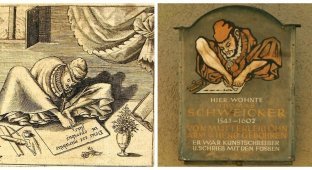Blind autistic genius Thomas Wiggins (9 photos + 1 video)
They say that when one door closes, another one is sure to open. You just need to look at it correctly. 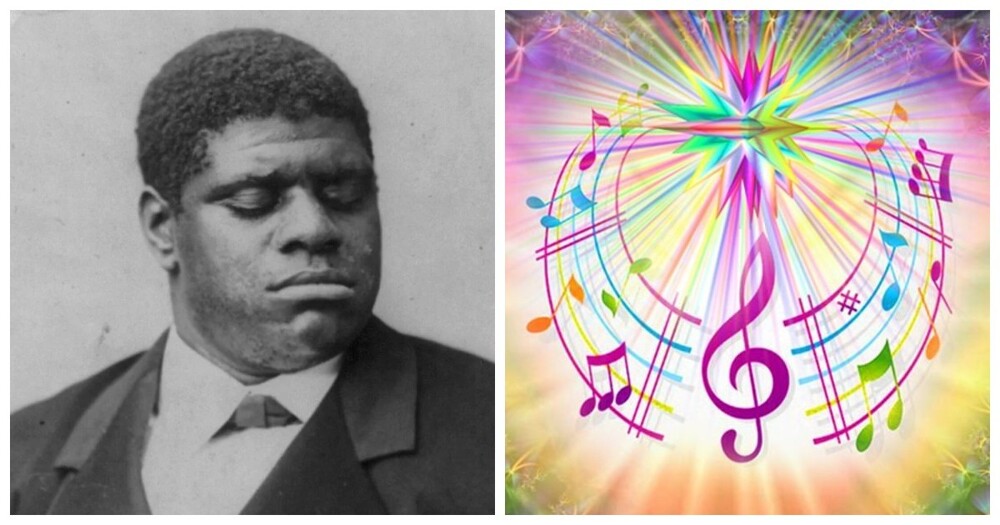
But this man, in principle, could not examine, peer and see. But incredible talent and a coincidence of circumstances allowed him to become famous and find himself. 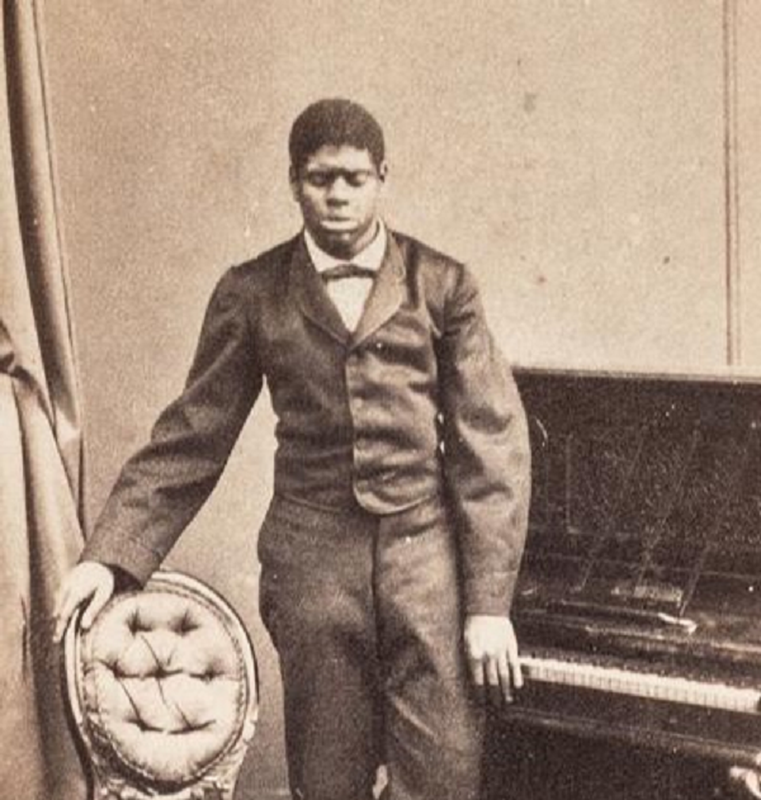
Thomas Wiggins, known as Blind Tom, was a black, blind, autistic man born into a family of slaves. He was born May 25, 1849, in Harris County, Georgia.
Shortly after his birth, the child was bought by General James Neal Bethune, a newspaper editor who supported the idea of independence from the Union. The acquisition was futile: the baby was taken to join the family, free of charge, because he was blind from birth. But Bethune soon discovered that this baby was unique. Tom was incredibly sensitive to sounds.
Historians suggest that the child, whose emotional development never showed, most likely suffered from autism. Despite his limitations, Tom soon mastered the art of memorizing sounds. He memorized the songs the women of the Bethune family played on the piano and imitated them. 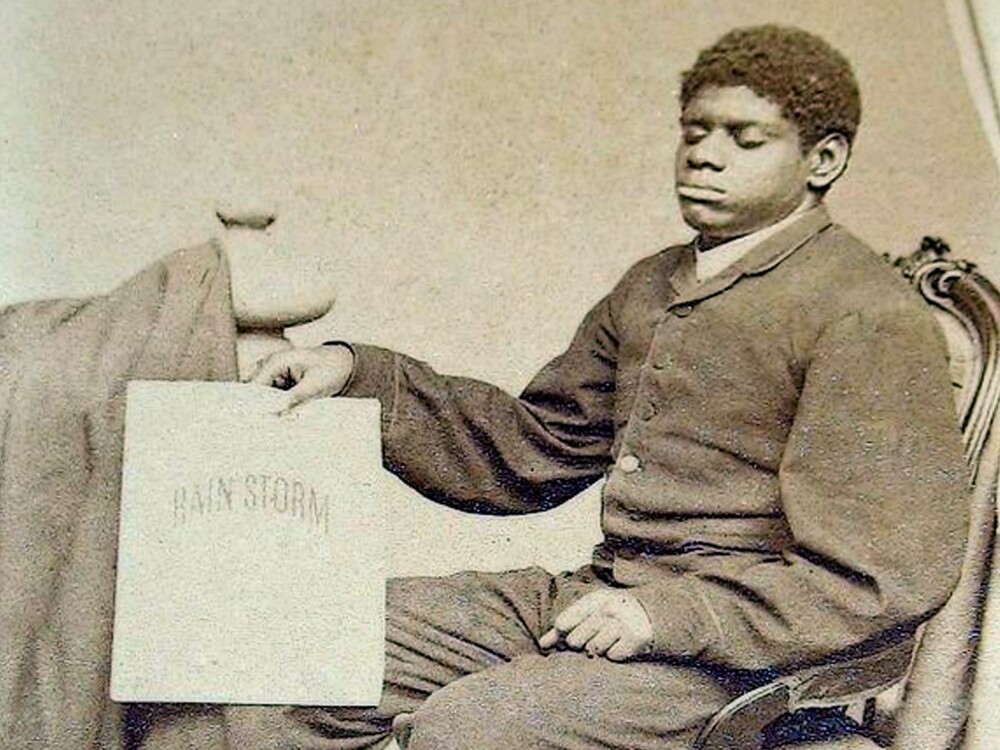
After listening to a piece of music just once, he could play it with precision. The attentive silent listener learned the compositions even with a characteristic intonation.
Then the boy learned to play popular songs, waltzes and polkas, and later moved on to more complex piano works. Bethune watched Blind Tom entertain his own family and saw promise.
At the age of eight, Bethune sent Blind Tom to Perry Oliver, a music producer, who organized a tour for the little prodigy. 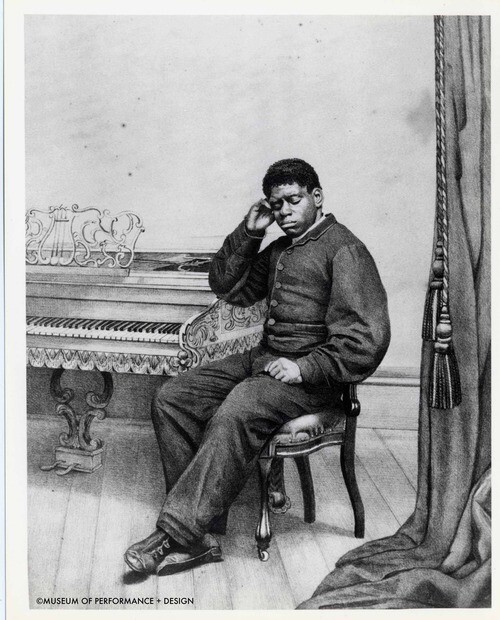
This agreement brought Oliver and Bethune huge sums, up to $100,000 a year, which was a fortune at the time, and made Blind Tom one of the highest paid pianists of the 19th century.
He was also one of the most famous American pianists and African-American musicians of the 19th century. Wiggins became the first black man to speak at the White House in 1860 for President James Buchanan.
Unfortunately, as is often the case with such people, many took advantage of Blind Tom’s unique abilities for their own selfish purposes. 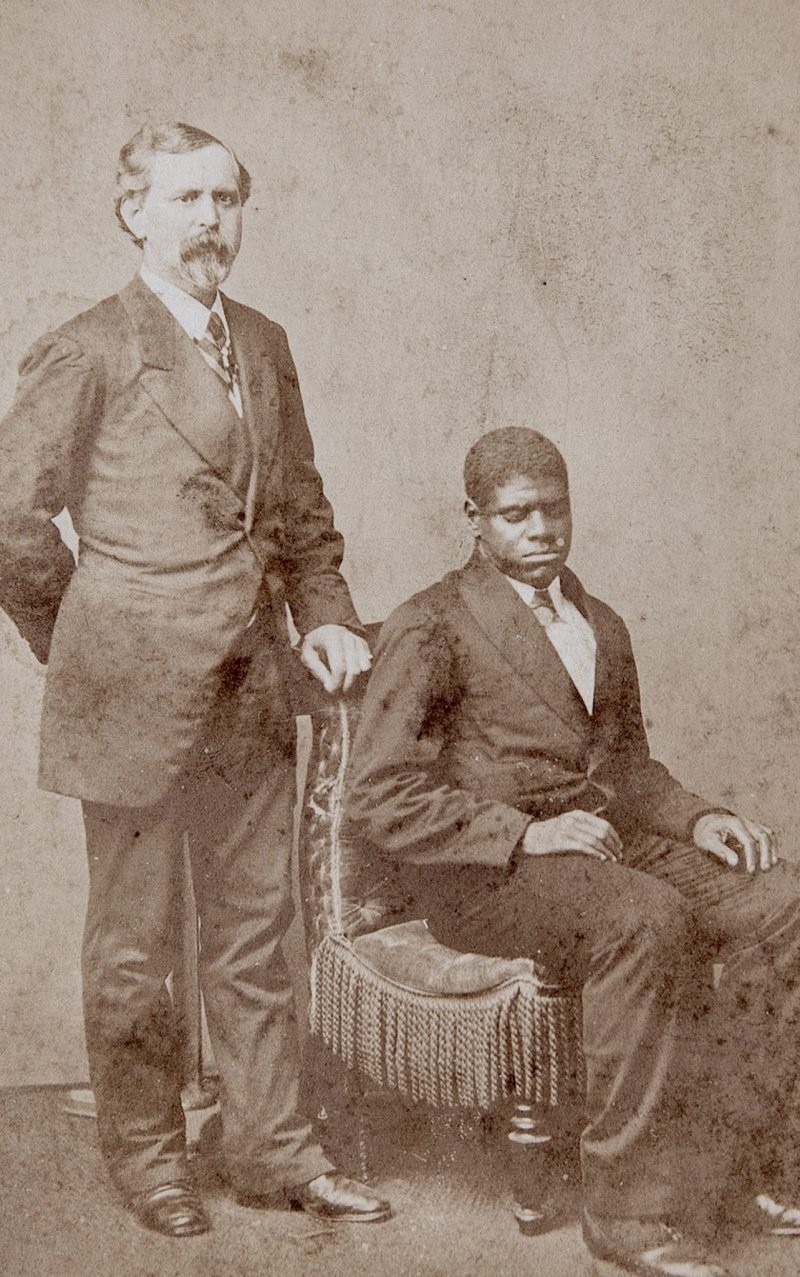
With James Bethune
A few years later, General Bethune recruited his son John to participate in a project called Blind Tom.
The boy, who was a teenager at the time, earned an average of $50,000 a year performing throughout the United States and Canada. However, the lion's share of the earnings went straight into the pockets of his so-called manager. This allowed him to lead not just a comfortable, but a luxurious lifestyle.
Technically, the pianist was no longer a slave. But his health meant that Tom was under the care of his benefactors. 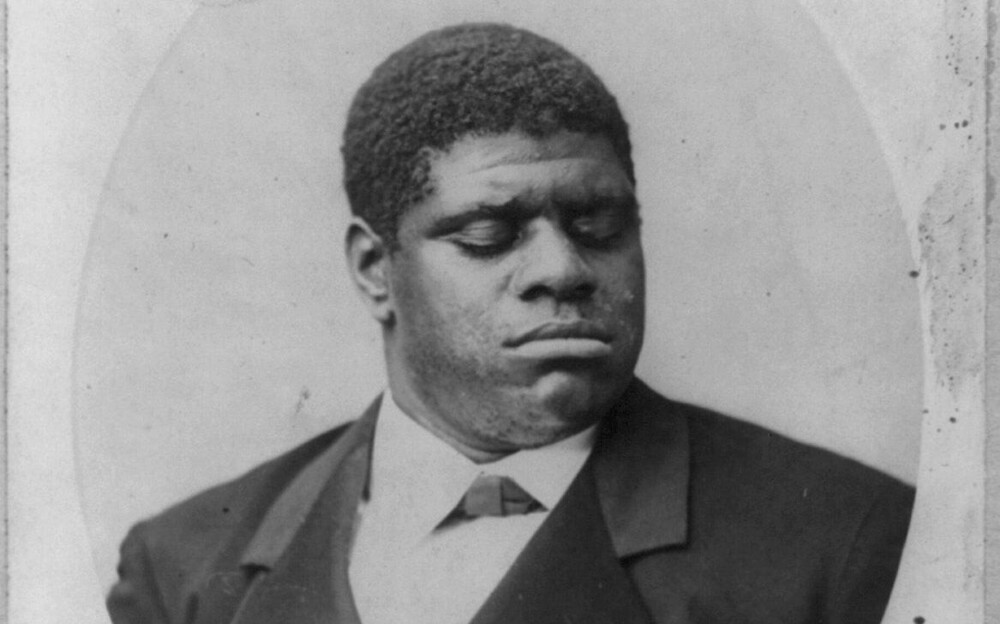
Unfortunately, he was never able to fully enjoy his abilities and the results of his own efforts. All his life he was completely dependent on the Bethunes.
In the mid-1880s, Wiggins' guardian and chief exploiter, General Bethune's son John, died in an accident, leaving behind his wife Eliza Bethune and Tom. This marked a major turning point in Wiggins' life. 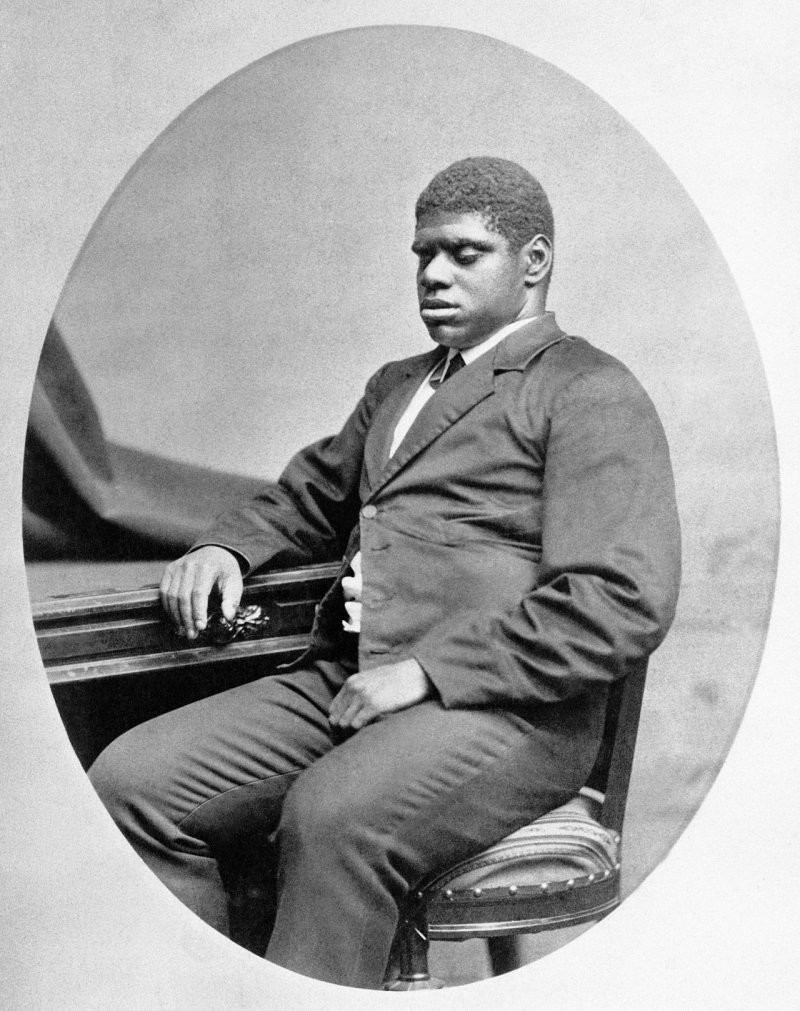
Eliza Bethune learned that her husband had not made a will and filed a lawsuit to wrest custody of Wiggins from the Bethune family, which Wiggins' mother supported.
After winning in court, Eliza organized a performance at the Orpheum Theater. Tom had been performing in public for about a year before Tom's health began to deteriorate. His performances ended in December 1904, presumably due to a partial stroke. 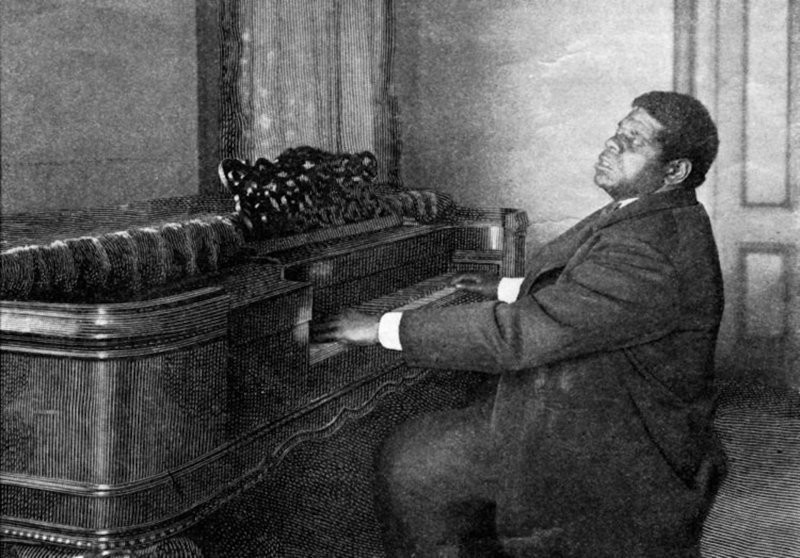
Due to health reasons, Wiggins remained hidden from prying eyes, but neighbors could always hear him playing the piano.
In April 1908, Tom suffered another serious stroke and died in June of the same year at an ageAste is 59 years old.
The genius was buried at Green-Wood Cemetery in Brooklyn (New York). Lengthy obituaries were published in newspapers across the country, but black-oriented media outlets tended to note that Thomas Wiggins, an incredibly talented pianist and composer, was exploited throughout his life. 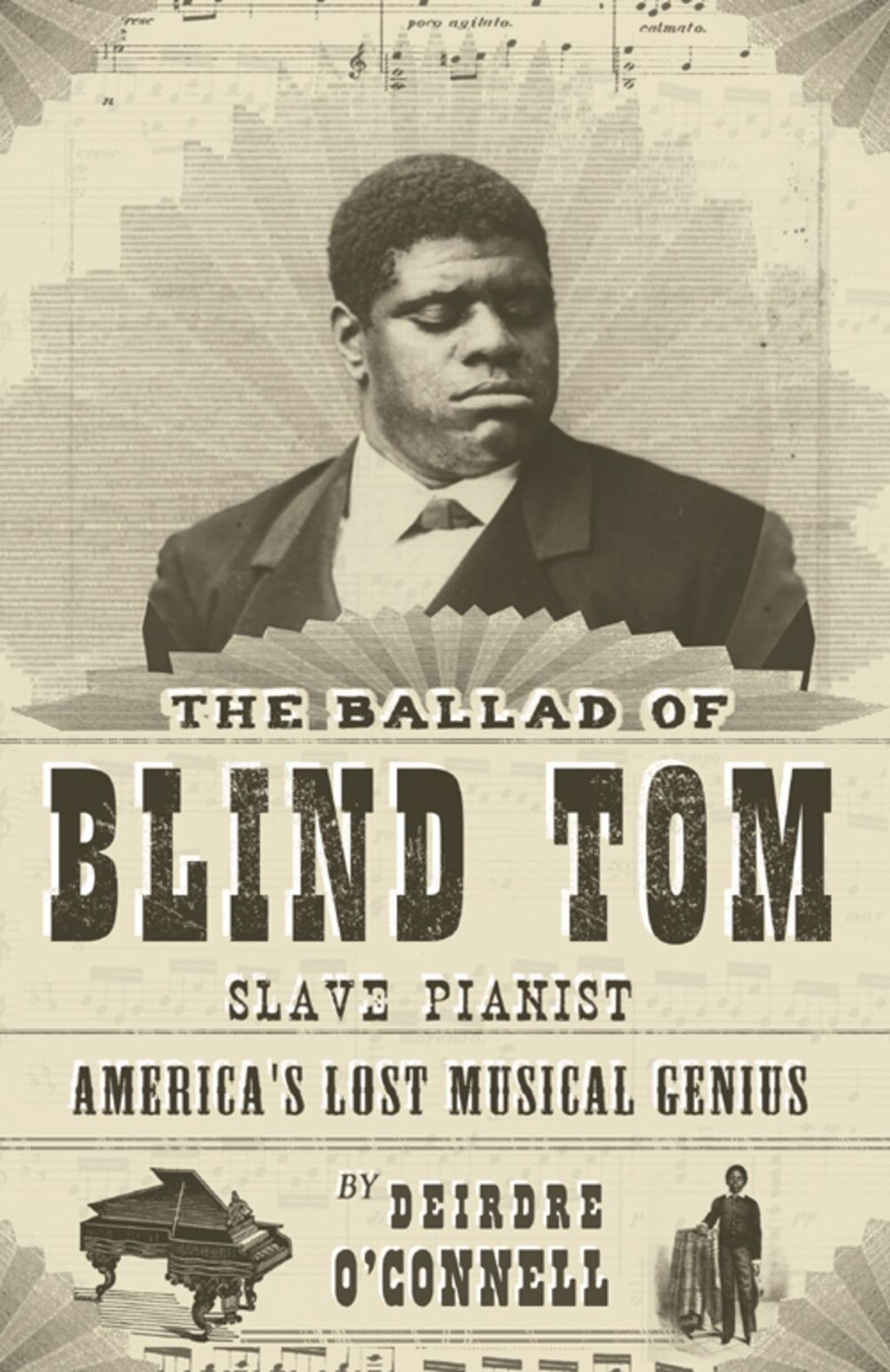
An autistic blind slave became the highest paid pianist of his time and a man who was unable to enjoy the wealth he earned through honest labor and talent.













